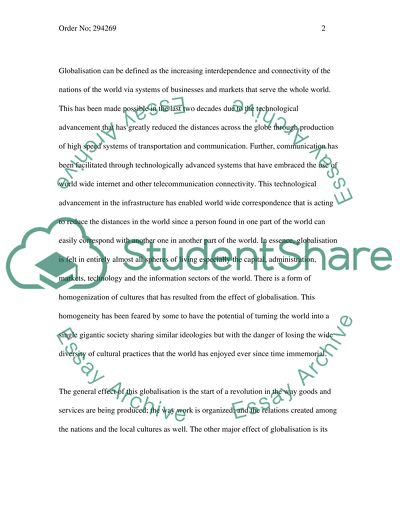Cite this document
(“Effects of Globalization in Barcelona Case Study”, n.d.)
Effects of Globalization in Barcelona Case Study. Retrieved from https://studentshare.org/sociology/1513396-effects-of-globalization-in-barcelona
Effects of Globalization in Barcelona Case Study. Retrieved from https://studentshare.org/sociology/1513396-effects-of-globalization-in-barcelona
(Effects of Globalization in Barcelona Case Study)
Effects of Globalization in Barcelona Case Study. https://studentshare.org/sociology/1513396-effects-of-globalization-in-barcelona.
Effects of Globalization in Barcelona Case Study. https://studentshare.org/sociology/1513396-effects-of-globalization-in-barcelona.
“Effects of Globalization in Barcelona Case Study”, n.d. https://studentshare.org/sociology/1513396-effects-of-globalization-in-barcelona.


